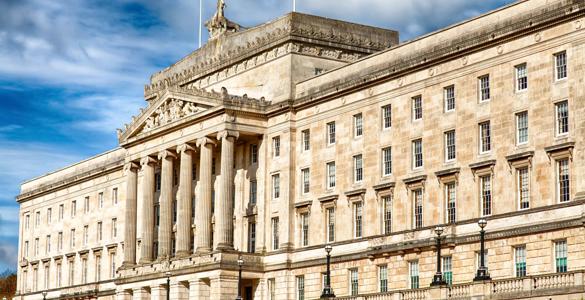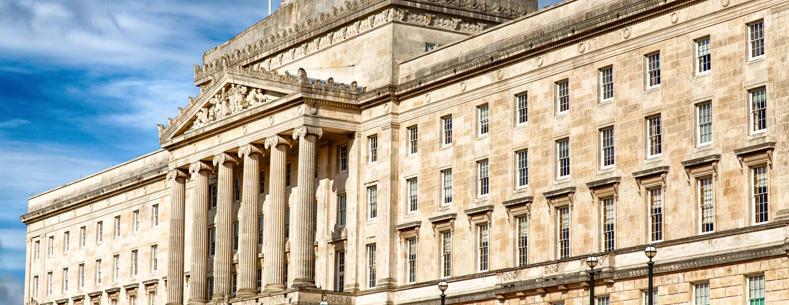The Interparliamentary Forum (IPF) recently held its sixth meeting since its establishment in 2022, bringing together parliamentarians from across the UK to discuss cross-cutting issues.
This In Brief provides information on the establishment of the IPF and summarises what was discussed at the recent meeting.
For more information on the IPF, see our earlier article.
Background to the IPF
- Particularly following Brexit, stakeholders such as parliamentary committees called for improved structures for interparliamentary collaboration.
- In October 2017, the Interparliamentary Forum on Brexit was established. It met between 2017-2019 to discuss matters related to the UK’s withdrawal from the EU. The Forum lost momentum following the 2019 general electionand the COVID-19 pandemic, however, calls remained from various bodies and parliamentary committees for better interparliamentary working.
- The current iteration of the IPF met for the first time in February 2022. The IPF’s priorities include oversight of:
- Intergovernmental relations including agreeing a joint annual report on addressing common scrutiny challenges;
- The operation of international agreements including the Trade and Cooperation Agreement, the Withdrawal Agreement and the Ireland/Northern Ireland Protocol;
- The UK internal market including the UK Internal Market Act and Common Frameworks; and
- The impact of the new constitutional arrangements on the legislative process including the use of secondary legislation powers and the legislative consent process.
The sixth meeting
- This month’s meeting was held at the Northern Ireland Assembly and chaired by Paula Bradshaw MLA and Matthew O’Toole MLA. Following the meeting, the IPF released a joint statement summarising what was discussed. This included:
- The “new mandate for the UK-EU Parliamentary Partnership Assembly”, following elections to both the UK and EU parliaments this year. In particular, the role of devolved legislatures in the Assembly was discussed;
- The UK Government’s use of delegated powers to legislate in devolved areas and the use of framework legislation;
- The adequacy of existing arrangements to provide budgets for the devolved governments; and
- The operation and structures of intergovernmental relations. Discussions included whether structures should be placed on a statutory basis, the Common Frameworks process, and dispute resolution process.
- The IPF agreed three points:
- To explore how it can encourage UK Ministers and officials to respond positively and in a timely way to requests from committees in devolved legislatures to give evidence in the spirit of reciprocity;
- To write to the Executive Office to seek an update on the latest position on Common Frameworks; and
- To invite Chancellor of the Duchy of Lancaster and Minister for Intergovernmental Relations, Pat McFadden MP, to attend the next meeting of the Forum to discuss his priorities for this important area of work.
- The next meeting of the IPF is scheduled to take place in early 2025.
Article by Adam Cooke and Josh Hayman, Senedd Research, Welsh Parliament






